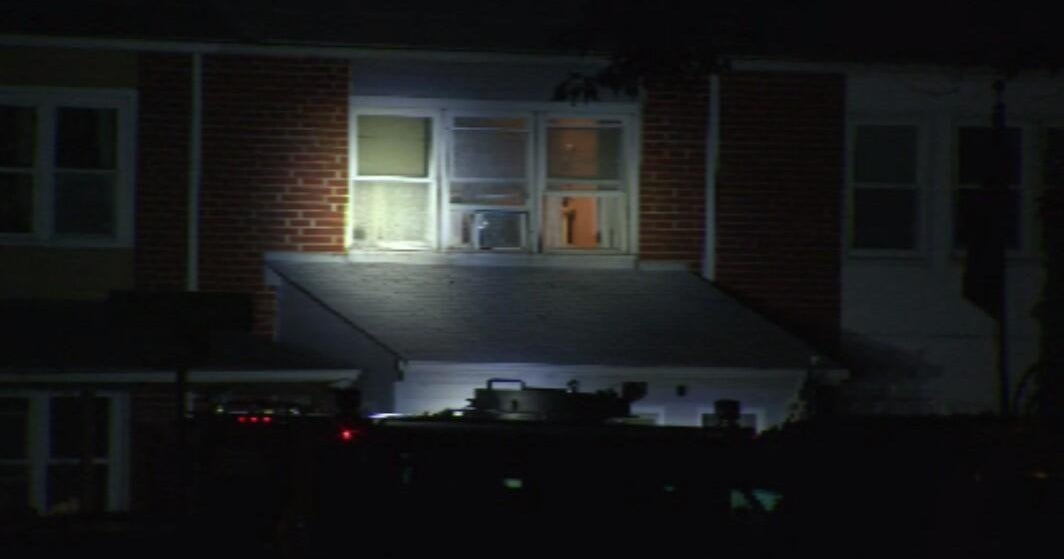Yolo County Launches Race-Blind Charging Program To Remove Biases From Criminal Justice System
WOODLAND (CBS13) - Yolo County is taking race out of the equation when analyzing crimes with the goal of reducing racial disparities within the criminal justice system.
Carolyn Palumbo has the power to charge or drop a case, but she has never made those decisions without all the information...until now.
"There is no information in regard to their race, identity whatsoever and it also scrubs the location of the crime," she explained.
The program is called race-blind charging, and Yolo County says it's the first to do it in this way.
The Yolo County District Attorney's Office is partnering with the Stanford Computational Policy Lab to develop computer software that initially redacts all identifying information. Once the charging decision is submitted, the case is unlocked, showing all the details.
"Then I read everything; I know the identity of the suspect and then I decide 'Oh, I'm actually going to charge this case,' I have to justify why," she said.
Palumbo said those cases are very rare. When changes in recommendations happen, it's typically because she then has access to more information not detailed in the police report unrelated to race.
Sex crimes, domestic violence cases, and homicides are all excluded from the program.
"That's because we are unable to look at rap sheets when we are doing race-blind charging," explained Palumbo. "If someone has a propensity to commit those types of crimes that is evidence we want to use in our current case...it's significant evidence and we want to make sure we look at that before we make a charging decision," she said.
The data from the program is compiled and analyzed by Stanford to determine if any conscious or unconscious bias was a factor in charging the case.
"We are telling the public we make these critical decisions without considering race. It should be a gamechanger when you start talking about if the system is fair," said Yolo District Attorney, Jeff Reisig.
Reisig doesn't believe his office is making biased decisions but wants to prove it and says other counties should as well.
"Our hope is that prosecutors across the country will see what we are doing and replicate it because there is no good reason not to," he said.
The county is participating in the program for free. According to Reisig, it is the first time a D.A.'s office has built a race-redaction algorithm and embedded it in their case management system.
"The impact of this is monumental," said Gladys Mitchell.
The county's multicultural community council, a group made of citizens that meet with the D.A. to discuss concerns, prompted the idea after expressing distrust with the criminal justice system.
"We all have bias no matter what anyone says," Mitchell said. "Let's just try something to eliminate the human element that goes into things that can go so horribly wrong."
Mitchell said she is glad to see the county putting its words into action.
"The whole world is saying, after all of these unfortunate situations, 'let's do better,' it's just great to be part of a system that is really trying to do better," she said.
The West Sacramento Police Department is also participating in the program. Davis Police Department Lt. Liya Bezuglov believes this new tool could be the key to improving community relationships.
"When the community sees us participating in a program like that it builds -- 'OK, well they are on the right track, we are going to trust them a little bit more,'" he said. "It purifies the process of the criminal justice system."







